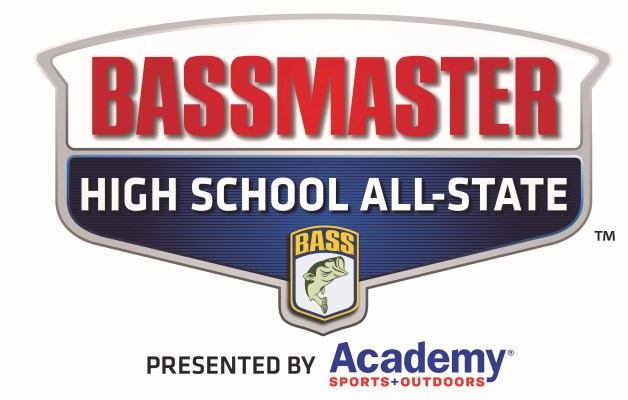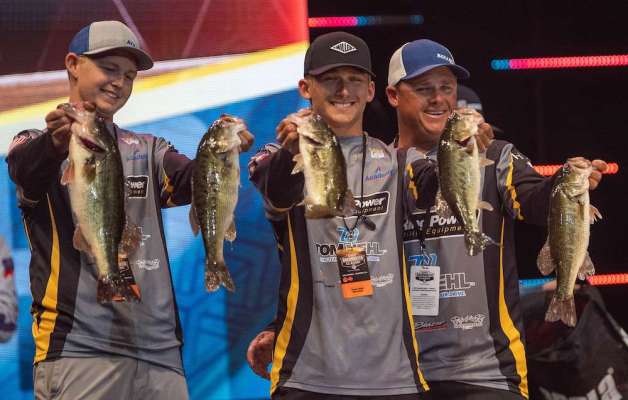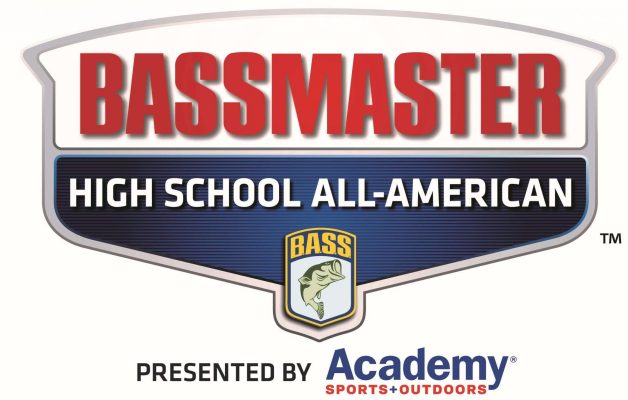
by Tommy Abbott
Multisport athletes
In my honest opinion there is absolutely nothing wrong with playing multiple sports, and I even encourage it. But understand that fishing goes from football, volleyball and soccer, to track, baseball and softball. All year, and that’s a big deal to any high school fishing duo. Some potential anglers will play other sports that will more than likely conflict with fishing. Make sure all parties involved can deal with that. If another sports takes a partner away for one tournament, that can derail a team for the entire year.
The financial implication
My first thought when considering the financial implication of high School fishing is … don’t ever take advantage of a captain by never offering expense money no matter what the previous arrangement is, especially if they’ve made it beyond the qualifying stage. We were blessed with wonderful partner families during our three years, but I know some don’t experience the same.
Before you jump in with both feet and commit to high school bass fishing, understand that it’s extremely expensive. No matter what anyone tells you, your team will not pay your expenses. If you’re lucky, you might get a few dollars here or there but nothing near what it costs. I’m not trying to discourage anyone, but I’ve seen parents struggle thinking their team was going to help when in fact, they really can’t.
I’ve also seen parents commit to getting their kids involved and financially, they realize it’s not really feasible for them to continue. Because they committed to their kids, they put themselves in a financial bind trying to keep up. I’m bringing this up because I’ve seen with my own eyes the stress people have when they come to the realization of the financial commitment this sport takes.
Take a few things into consideration so these things will not sneak up on you:
- Tournament entry fees (high school teams often pay this expense)
- Boat payment or cost
- Tow vehicle capable of pulling a boat
- Gas for boat (I’ve seen people spend over $200 a weekend on boat fuel and oil.)
- Gas for tow vehicle (Pulling a boat gets really expensive and uses much more fuel.)
- Food while traveling
- Lodging expenses (At big tournaments, inexpensive lodging may not be available.)
- Lures (This cost can be the most expensive thing you encounter.)
- Rods and reels
- Launch fees
- Trailer maintainance (Traveling is hard on your trailer, and you quickly find out it will cost money to maintain.)
For the Bassmaster High School National Championship alone, you can expect to spend upwards of $4,000-plus for the week. Hopefully you will have assistance from a club or your high school team, but it’s not guaranteed. Sponsors or partners often will come onboard for a championship run, but you will have to find them.
Your team and your anglers
The best advice I can give is you have to make your team and anglers take ownership of their situation and entire fishing career early on. If you don’t, they will only be as good as the captain who basically “guides” them on a daily basis.
We live in a world where we want to do everything for our kids. That rings true in high school fishing as well. If your goal is for your team to win at the high school level, you might be a person who makes the entire plan and dictates to your team exactly what to do ahead of time.
If you want them to compete at a higher level, you better not get caught up doing everything for them. Anyone can get in a boat and go to a spot with a good guide and catch fish. But if they have aspirations beyond high school, they must be able to call their own shots and make their own plan.
Discuss a plan with your team, go over scenarios you might see or know, then ask them questions as to what is going on and what they are seeing. Lead them in formulating a plan, but try not to do it for them. Use planning as the best teaching moments you will have. This is when you’re breaking down everything, and they must understand the process to have success when they stand on their own. They must understand seasonal patterns, upcoming weather and how weather might affect what they might encounter. All the potential things they may see before they ever step foot in a boat to pre-fish can be suggested by you in the learning process.
Once pre-fishing is complete, then they have an opportunity like no other to decide exactly what they want to do based on everything they have learned. Step back and let them sort out what they are seeing and wanting to do to complete their plan. If you don’t agree, find creative ways to steer them in the right direction.




